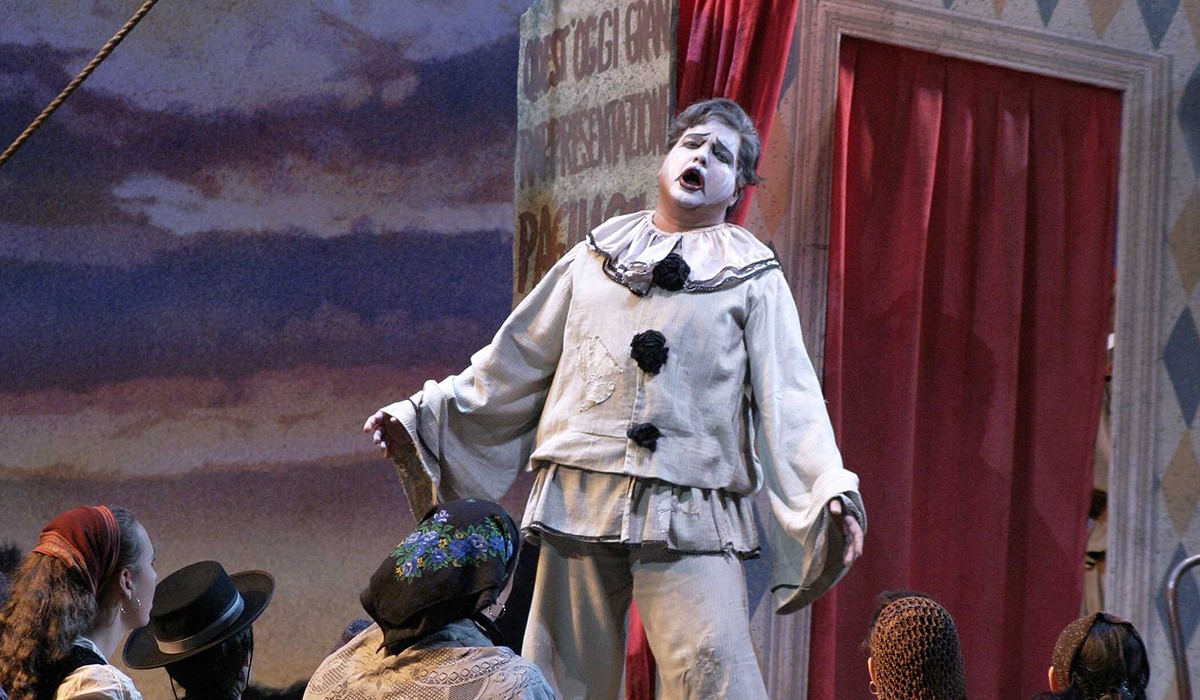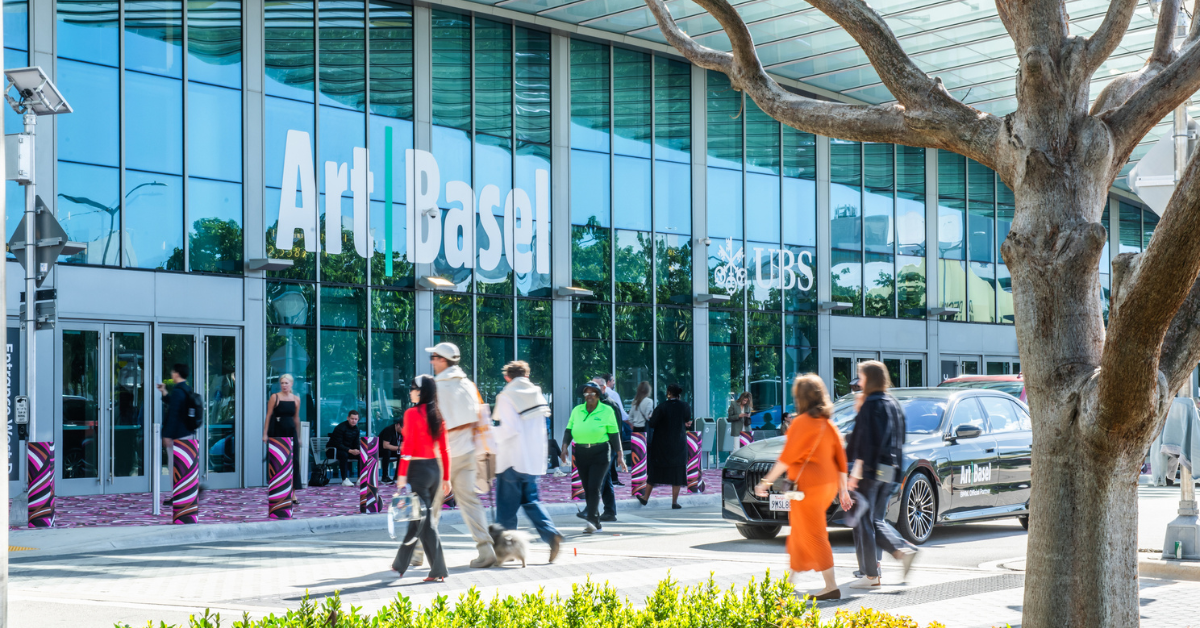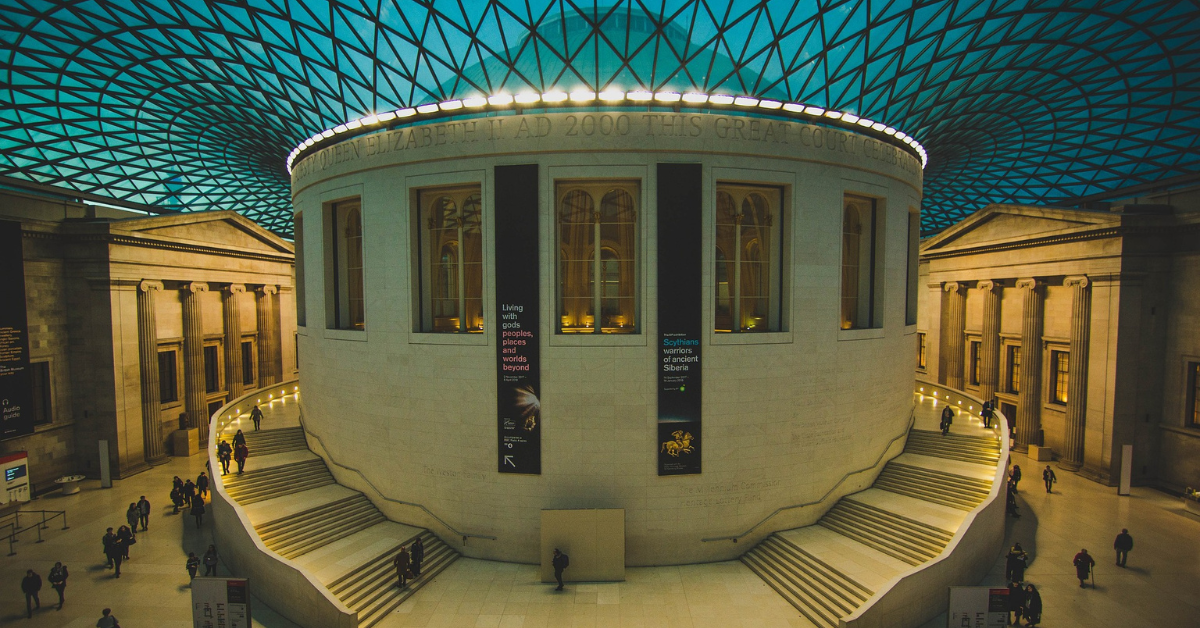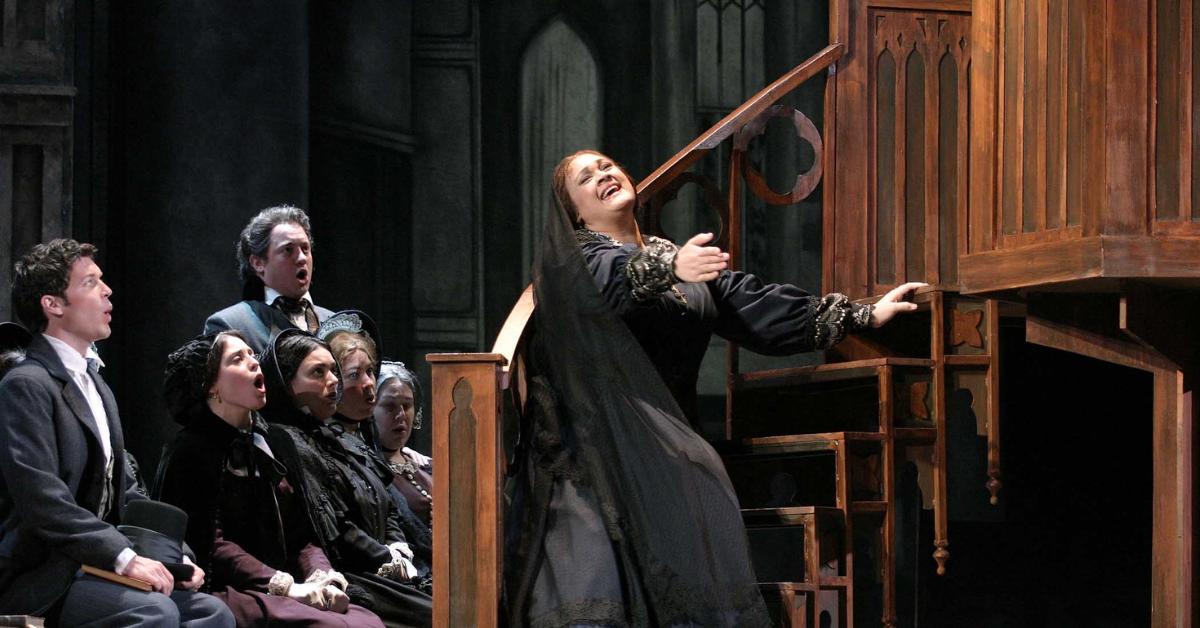
Who doesn’t love a good musical? There is something for everyone- comedy, drama, cutting edge social issues, history, amazing costumes, lavish sets- a good time is had by all! From the early days of shows merging song with story telling such as Showboat, to the present day fully realized story told through song in the classic Les Miz, musical theater is the form that attracts the popular imagination.
Opera is often described as the musical theatre of the Renaissance. With its origins in the late 16th century, opera combined music, drama, and visual spectacle to create a unique and immersive experience that captivated audiences across Europe. Sound familiar? Much like the musicals of today, opera was the popular entertainment of its time, drawing on universal themes of love, ambition, power, and satire to engage its audience. These themes, deeply rooted in the human experience, made opera a dynamic art form that continues to resonate with audiences centuries later.
Themes of Class, Ambition, Power, Romance, and Satire
Opera has long been a mirror reflecting society's complexities, exploring many themes that are as relevant today as they were in the Renaissance. The portrayal of class struggles in Mozart's The Marriage of Figaro may be of their time, but how different are they from todays discussions of the 1% and the educated elite versus the working poor? Explorations of ambition and power in Verdi's Macbeth, opera delve into the human psyche with unparalleled depth, which is why that play is still performed and adapted and is a classic that resonates across centuries. Romantic entanglements, a staple of both opera and musical theater, are brought to life in works like Puccini's La Bohème, while satirical elements are masterfully woven into pieces such as Rossini's The Barber of Seville. These timeless themes have made opera a fertile ground for adaptation into other forms of entertainment, particularly the modern musical.
The Easy Adaptation of Opera into Musicals
The narrative richness of opera has made it a natural source of inspiration for many successful musicals. Shakespeare, whose works have been adapted into countless operas, serves as a prime example of this cross-pollination. His plays, with their intricate plots and deeply human characters, have seamlessly transitioned into operatic and musical theatre formats. Romeo and Juliet is a prime example, adapted into opera by multiple composers and seamlessly translated into two groundbreaking versions of West Side Story.
Madame Butterfly, Puccini’s tragic tale of love and loss, was adapted into the hugely successful musical Miss Saigon, illustrating how the emotional depth of opera can translate beautifully to the stage. Both address the racial and cultural arrogance of Western powers and highlight the historical vulnerabilities faced by women in times of war. No one who has seen Miss Saigon can deny that the staging and music rise to the level of the operatic. Similarly, Bizet’s Carmen, with its fiery themes of love and jealousy, was reimagined in Carmen Jones, a musical that brought the story into a contemporary setting while retaining the original’s dramatic intensity. Elton John and Tim Rice's Aida, based on Verdi's opera of the same name, is another example of how the grandiose themes of opera—love, betrayal, and sacrifice—can be adapted into a format that resonates with modern audiences.
The dual productions of La Boheme and Rent by the Atlanta Opera brings the enduring power of opera's storytelling full circle. Rent is a modern re-imagining Puccini's La Bohème, transposing its narrative of love and loss into the gritty world of New York's East Village, trading the 19th century death sentence of tuberculosis for the 20th century AIDS epidemic. The enduring success of these two classics underscores the idea that the stories told through both opera and musical theater, with their universal themes and emotional resonance, are timeless and appealing.
If you're a lover of one genre, be sure to attend the other. It may surprise you!



